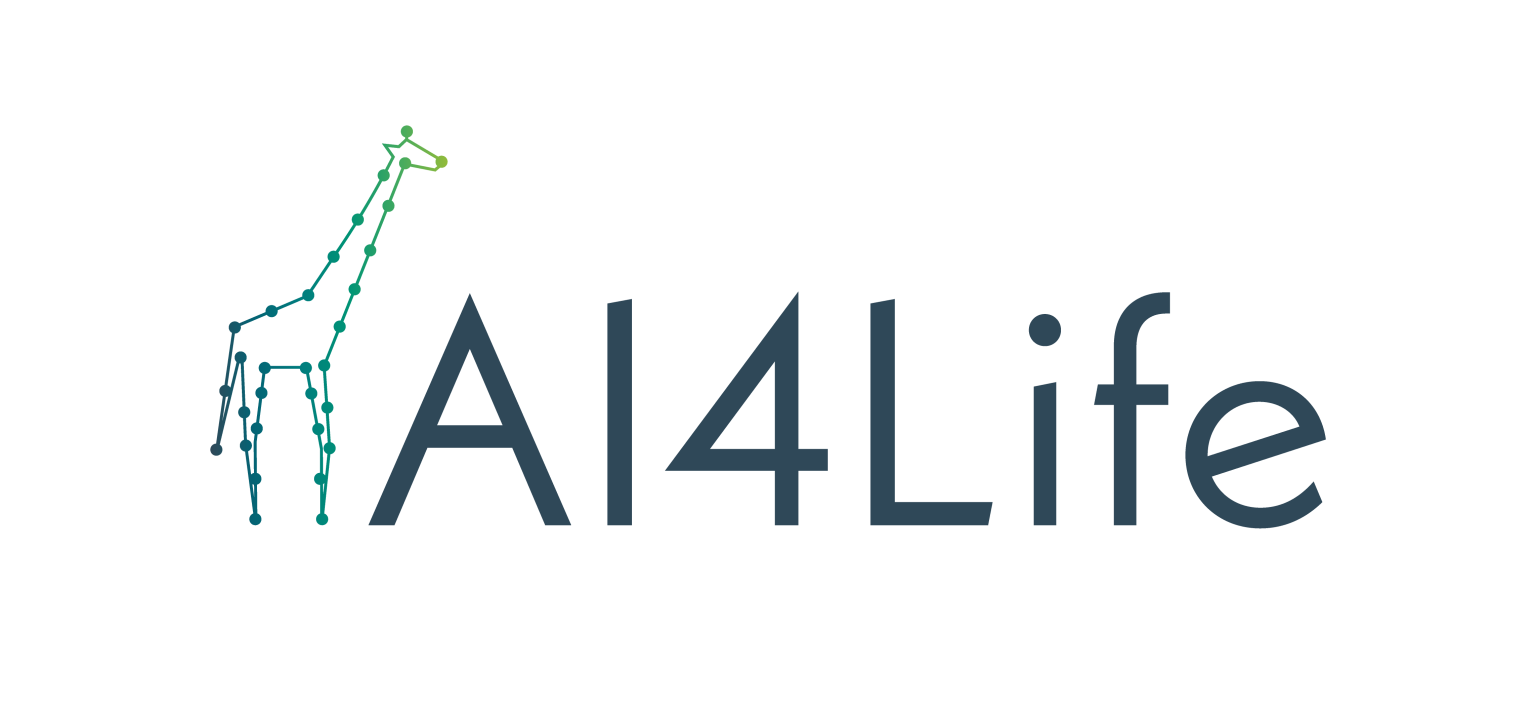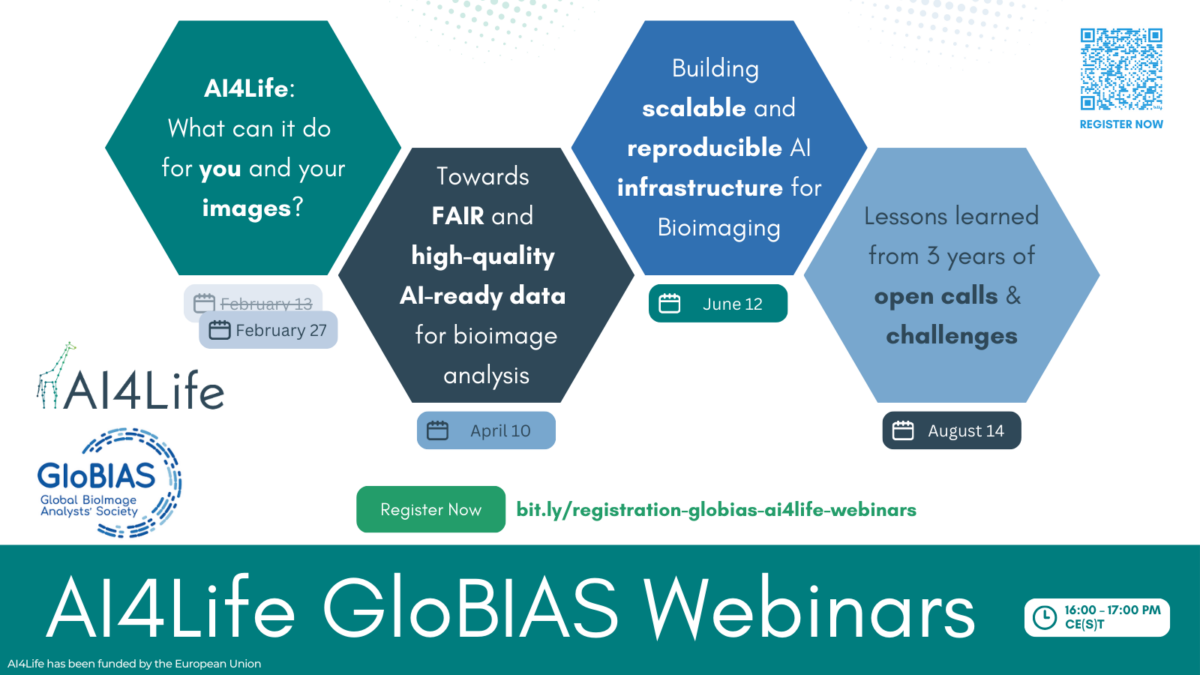AI4Life & Leica deepen collaboration: 22 New BioImage.IO models now available in Aivia 15
Leica Microsystems has rolled out Aivia 15, the newest version of its AI-driven image analysis software. Among its enhancements are 22 additional pre-converted BioImage.IO models
The release of Aivia 15 with its 22 new BioImage.IO models represents an important step in AI4Life’s mission to make AI-driven tools more accessible to life science researchers. With an improved interface, faster performance, and direct integration of community-curated models, Aivia 15 makes it easier for users to apply AI in their everyday workflows.
As part of the ongoing AI4Life–Leica collaboration, Aivia 15 now offers drag-and-drop support for 22 additional BioImage.IO models, bringing the total to 26 pre-converted models ready to use in Aivia’s recipe console.
This builds on the first phase of the collaboration launched in July 2023, when AI4Life and Leica began working together to make BioImage Model Zoo models interoperable with Aivia by converting them into a format directly usable within the software. You can read more about the initial collaboration here
https://ai4life.eurobioimaging.eu/ai4life-leica-collaboration/
By integrating these new models, AI4Life connects community-driven developments with industry users, broadening the choice of available models and supporting more reproducible research.



